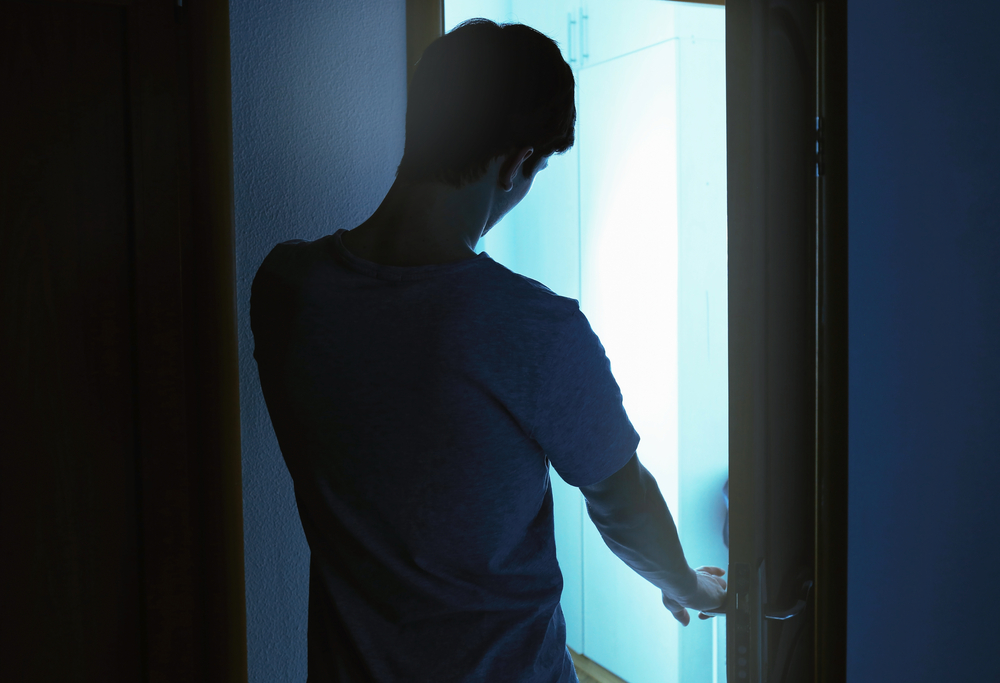We all like to indulge in a little nighttime snack now and again – whether we are particularly stressed, going through a challenging emotional time, or feel like celebrating something with some ice cream at 2 in the morning.
However, if nighttime binges are your daily (or should I say nightly) routine, you might be suffering from a sleep eating disorder, which may be sabotaging your fitness goals and making you feel generally unwell.
Let’s explore what these disorders are and how you can prevent them.
What is sleep-related eating disorder?
Sleep-related eating (SRED) is involuntary, repeated eating during nighttime sleep. This is not just a midnight munch, as you are most likely still mostly asleep while eating – and even if you are aware and mostly awake, you can’t stop eating.
The food you choose to eat can often be high in calories and generally unhealthy – you might also feel the need to have something like ice cream on toast, or jam and mayo with ham. Or you might just devour an entire cake.
Preparing food in this semi-asleep state can often cause injuries, or you might wake up to a messy kitchen without understanding what lies behind it.
Another nightly eating disorder is called NES – nocturnal eating syndrome, which means you eat mostly in the evening: you don’t like eating breakfast, you eat most of your calories for dinner, or wake up in order to eat.
Both of these disorders will often cause feelings of shame, weight gain, tiredness, fatigue, and alter your mood and health.
What causes these disorders?

Source: depositphotos.com
There can be several medical causes to your overeating at night: sleepwalking, restless leg syndrome, sleep apnea, or even narcolepsy.
They are also more common among women, especially women who are on a strict diet during the day and who significantly limit their caloric intake. Mostly feeling hungry and dissatisfied, they will wake themselves up to satisfy their cravings.
They can also be caused by stress, hormonal disbalances, or mental challenges.
How to stop binging at night?
First, you need to understand the cause of your nightly eating soirees and determine whether you have a medical condition that is causing them.
On the other hand, there are habits you can implement on your own that can help:
Eat breakfast

Source: depositphotos.com
This might be the main challenge, as you are already eating a lot at night and will likely feel full when you wake up. However, if you are looking to break the cycle, start with a good breakfast high in protein. This can be eggs or a protein shake, or anything else you like.
Try to make breakfast a meal you look forward to having, so that it’s easier to swallow (pun intended).
Eat regularly
If you teach your body to expect a meal at regular intervals, you will efficiently be preventing the cravings it has at night. This means three square meals, plus snacks if you need them.
Make sure that you are eating within your caloric limit, though – as you don’t want to be overeating.
Don’t drink your sugar
Drinking a lot of sodas and other beverages that are high in sugar will cause insulin spikes, which will cause cravings when they drop.
Focus on drinking water, and flavor it with some fruit if you need to.
Focus on the quality of your sleep

Source: depositphotos.com
When you don’t get enough sleep, a hormone called ghrelin spikes and makes you feel hungry, while another hormone called PYY, which makes you feel full, drops.
Not to mention, can cause mood swings and cravings all on its own.
Ensure your bed is comfy, think about the way you use your devices at bedtime, and try to get to bed at the same time every night.
Reduce stress
This one is a bit of a cliché, but stress can be a major contributing factor to your nightly binges, and reducing it will improve not only your relationship with food, but your overall health, your immune system functions, and the way you feel about life in general.

Source: depositphotos.com
Reducing stress will, of course, be a challenge, but you can find something that works well for you. Don’t feel like you must exercise, do yoga, or meditate. You can take a bath, watch Netflix, or anything you feel will help you unwind and loosen some of the tension your body is storing.
Final thoughts
Nightly binges are certainly a nuisance, and it’s certainly tiresome to wake up yet again with a full stomach, feeling a little bit ashamed of yourself, and not quite ready for the day ahead. But fortunately, there are things you can do to make yourself feel better, and stop the nightly eating. It will take a bit of time to get used to a new habit, but as long as you don’t give up and don’t give yourself a hard time, you will be able to overcome it.


